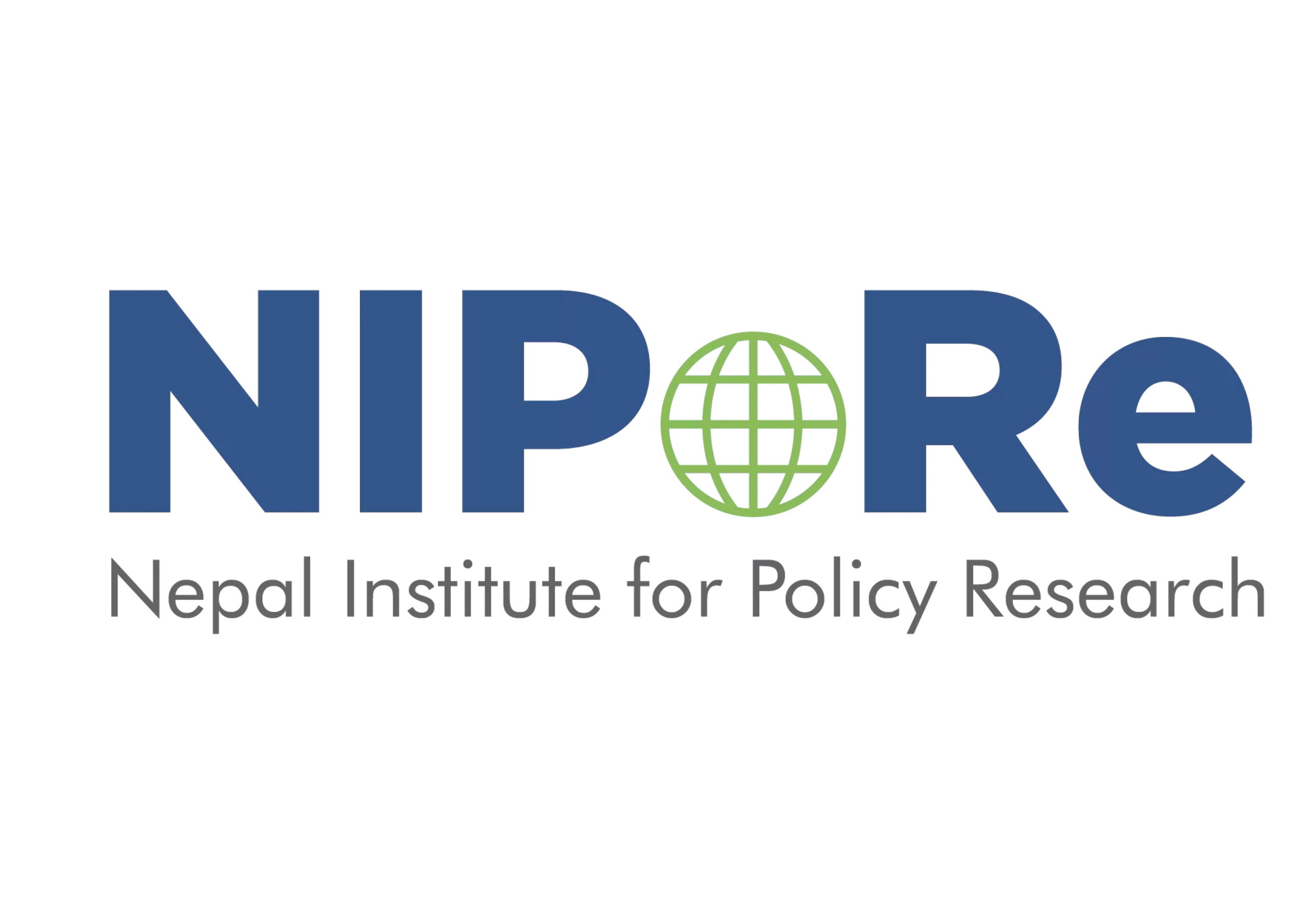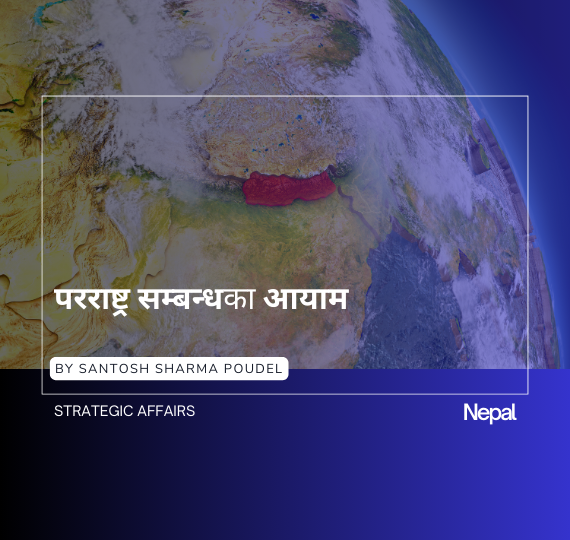– NISCHAL DHUNGEL
The opinion piece originally appeared in The Kathmandu Post on 13 April 2023. Please read the original article here.
The recently published Nepal Population and Housing Census 2021 shows an alarming trend: The population of children is decreasing, and the dependent population over 60 is increasing. In 10 years, the population under 14 dropped from 34.91 to 27.83 percent while the population over 60 rose from 8.13 to 10.21 percent. As the average life expectancy of citizens grows, the age imbalance in the population increases the state’s financial responsibility, primarily social protection, in future.
The window of opportunity for Nepal to take advantage of the demographic window is pretty small. To fully realise the demographic dividend, it is necessary to increase the domestic job environment and investment in the skills of Nepali youth. The government has two options with regard to job creation: Making the Prime Minister Employment Guarantee Programme more effective or creating a favourable environment for the private sector to create better jobs.
Job guarantee
On the one hand, Nepal’s share of economically active people working in the agriculture sector is decreasing due to increasing attractiveness in the service and industry sectors (according to the 2021 census, 57.3 percent of the population depends on agriculture). On the other hand, the share of the economically inactive population is found to be students, as well as those engaged in household work and family care, old age people, and persons with disabilities, etc. So the question is: How do we leverage Nepal’s labour force by employing them in productive sectors, striking a balance between the agriculture and non-agriculture sector?
In this regard, job guarantee is one of the structural stabiliser fiscal policies that the government can undertake to promote employment. With a basic wage and benefits package for anyone, especially the economically active population willing to work, a job guarantee should be the mantra of the government. The Nepali labour market has seen high involuntary unemployment rates for several years, and the Covid-19 pandemic has further aggravated it. A targeted job guarantee programme can be an effective and equitable policy for achieving full employment and reducing poverty and income inequality.
The government should work in partnership with companies in the private sector to implement creative employment interventions, such as skill development and job placement, that raise wages for workers and boost productivity at businesses in high-growth industries. While creating jobs, the government must check if employers adhere to employee welfare, labour rights, workplace safety, and social protection regulations. Building a solid base for employment opportunities helps the government generate revenue in the form of taxes.
Nepal is currently working with the World Bank to create an Integrated Social Registry, which can act as a platform to link social protection programmes and information systems and address several other issues, including those related to the front end (service delivery) and back end (information system). Touting social protection programmes looks politically appealing, but it is financially challenging. Promoting job guarantee would reduce the impact on the public budget, and employing the job guarantee workers on projects that encourage domestic production could minimise the trade balance.
Existing laws
Nepal’s social protection system comprises contributory social insurance for formal sector workers, non-contributory social assistance, and employment initiatives. Significant legislative reforms, such as the Contribution-based Social Security Act, Labour Act 2017 and the Civil Service Act (Third Amendment 2014), have been enacted to strengthen the country’s social protection system. The primary contributory social insurance programmes for formal private sector workers are the Social Security Fund (SSF) and the Employees’ Provident Fund (EPF) for public sector employees. The non-contributory side of the system is intended to benefit “the most vulnerable sectors of the population.” The four programmes, namely, medical, health and maternity protection, dependents protection, accident and disability protection, and old age protection, were also introduced. The social protection coverage rate is modest, with pensions having the highest coverage rate. Two recent guidelines, one pertaining to migrant workers and the other to those employed in the informal sector and who are self-employed, on expanding social security safety nets are a step in the right direction.
The gradual expansion of social security programmes over the years is a positive step towards ensuring social security and protection for the people. However, their effectiveness has been hindered by insufficient human resources, planning, and coordination. Human Rights Watch has pointed out that Nepal’s social protection system is inadequate in protecting children from poverty and perpetuates inequalities between formal and informal workers. The targeted programmes are often too narrow in scope, while the selection processes can be expensive, inaccurate, and susceptible to corruption. Additionally, many eligible individuals may face difficulty applying or choose not to apply due to the associated stigma. For example, social institutions and welfare policies may consciously or unconsciously stigmatise impoverished children, reinforcing their sense of failure and shame. This is especially so in cases where poverty is attributed to individual shortcomings rather than structural factors. Universal child benefits are more likely to foster social cohesion. They are cognisance recipients as rights holders entitled to support rather than merely beneficiaries, which can affect their civic engagement and the government’s accountability.
Past experiences
The Karnali Employment Programme (KEP) was designed similarly to the Prime Minister Employment Guarantee Programme currently implemented in Nepal, as it involved the creation of employment through infrastructure projects at the local level, resulting in the construction of physical assets. The KEP was marketed under the slogan “one family, one job” (Ek ghar, ek rojgar) and aimed to provide 100 days of employment to each participating household, specifically targeting households without any employed members. The programme provided a specified number of work days to participating households every year rather than a limited period of employment on a one-time basis.
Although KEP faced budgetary and operational constraints at the local level, which hindered its effectiveness in providing employment to all eligible households and compromised its performance as an employment guarantee scheme, these challenges should not be taken to mean that similar initiatives cannot be developed in Nepal. It is important to note that KEP was designed to address the historical underdevelopment of the Karnali region rather than to serve as a blueprint for a nationwide scheme in the future. Just like in Bangladesh, the government can prioritise certain sectors like the garment industry to create a favourable environment for the private sector or strengthen government-led employment programmes to create more jobs.
Most social protection is linked to formal employment. This social protection system exacerbates inequality since informal sector workers are likely to be poor due to low wages and unpredictable employment. Low minimum wages and good job opportunities in Nepal have led to large-scale out-migration. Hence, creating a favourable environment for the private sector to generate more work opportunities or strengthen government-led employment programmes is important. Domestic employment aids the government’s financial responsibility to support the social security system in Nepal.




